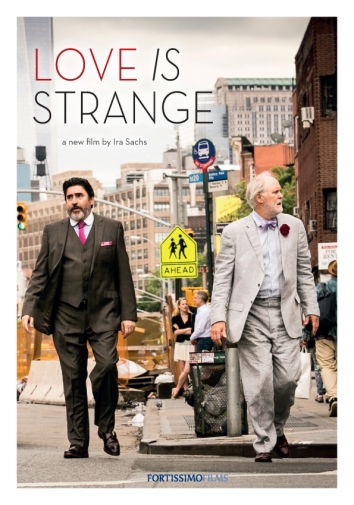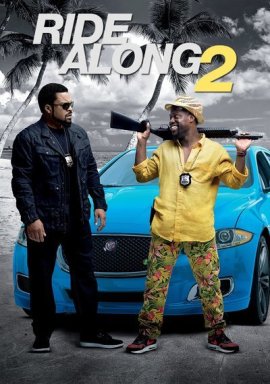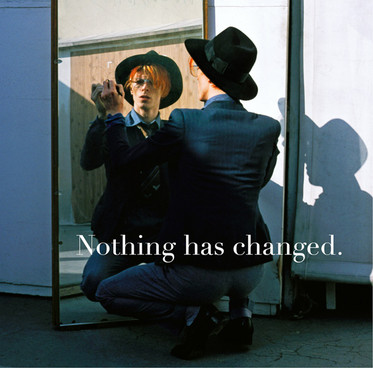
Me Before You is a heartfelt romcom with great performances from its two main actors, Emilia Clarke (Louisa ‘Lou’ Clark) and Sam Claflin (Will Traynor). Lou, the small-town English girl with an individual dress style becomes the carer of, and eventually falls in love with, her quadriplegic employer, Will. Things do not go smoothly, however, and it is endearing to watch the once stoic Traynor gradually open up to Lou and let some happiness into his life.
The film is not without its problems though, and the press has more than adequately covered Me Before You’s notorious backlash for its depiction of disability. The notion that life is not worth living without the full operation of one’s limbs is both misleading and demeaning, and this is becoming somewhat of a cliché in films with characters suffering from paralysis; Alejandro Ameábar’s The Sea Inside (2004) springs to mind. Furthermore, serious subject matter such as euthanasia and depression become marginalised in favour of the romantic plot, and reactions to (and discussions of) assisted suicide are shown only in a superficial manner.
What saves this film is the convincing characters and family relations the story has. Every family has its problems, whether they are incredibly wealthy or a struggling working class. The film is not without its comic moments, some of which are helped along by Patrick (Matthew Lewis), Lou’s sporty and self-absorbed boyfriend. Me Before You is a real tearjerker of a movie, and a must see for any Richard Curtis fan.





